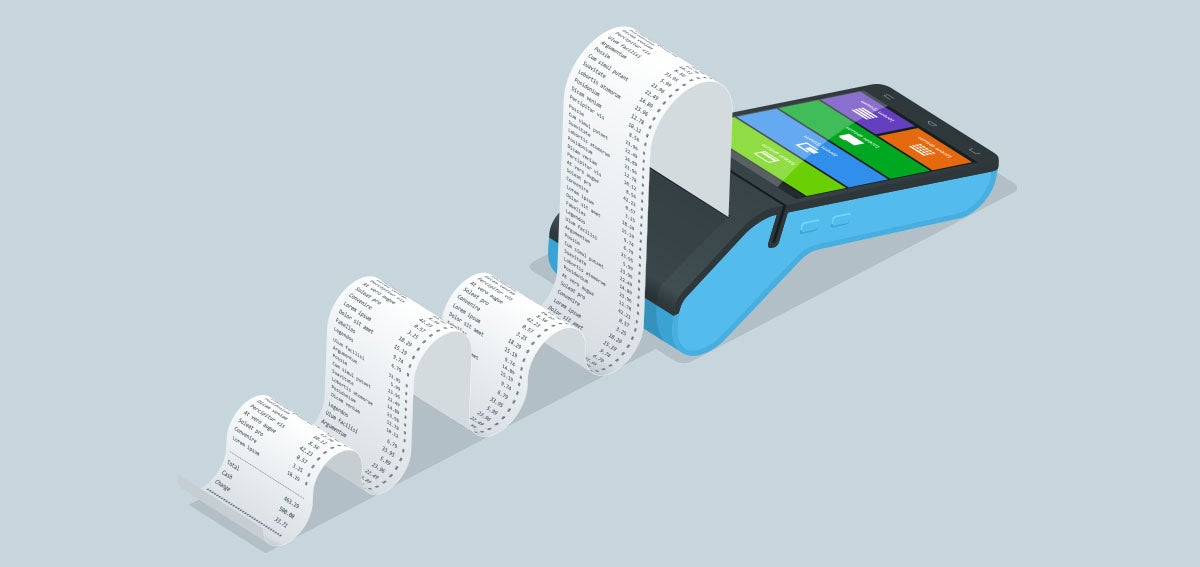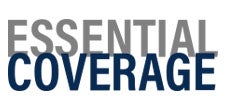
Recent developments in Congress suggest that a bipartisan solution for surprise medical bills is within reach — a development that may have been influenced by reforms passed in Sacramento in the last few years.

Surprise billing occurs when patients are charged for out-of-network care received in circumstances beyond their control — for example, being treated by an out-of-network anesthesiologist during surgery at an in-network hospital. Research by the KFF (Kaiser Family Foundation) and Health Care Cost Institute show that up to 16% of in-network hospital stays resulted in a surprise medical bill; the KFF analysis also found that 18% of all emergency visits were associated with a surprise bill.
On December 8, US Senator Lamar Alexander, chairman of the Senate Committee on Health, Education, Labor, and Pensions, and Representatives Frank Pallone (D-New Jersey) and Greg Walden (R-Oregon) of the House Committee on Energy and Commerce announced that they had reached an agreement on surprise-billing legislation.
California is home to a surprise-billing law that sets a benchmark for what providers can charge insurers for out-of-network care in some circumstances. The law, which took effect in July 2017, set reimbursement rates for out-of-network doctors at the greater of 125% of the Medicare rate or the insurer’s average contracted rate. Providers can appeal under California’s compromise, although few have. As a result, “patients are protected and the providers are getting paid,” Anthony Wright, executive director of Health Access California, told Michelle Andrews in California Healthline.
Although the California Medical Association (CMA) and some individual physicians say the law has caused physician networks to shrink and reduced patient access to in-network care, early analysis points in the opposite direction. Researchers at the USC-Brookings Schaeffer Initiative for Health Policy found a 17% decrease in the share of services that specialty physicians delivered out-of-network after the measure took effect. Different data from insurers and the state Department of Managed Health Care show similar results.
As Sarah Kliff and Margot Sanger-Katz wrote in the New York Times, “Some doctors may be hurting from a pay cut, but that doesn’t seem to be hurting patients.”
In April, Essential Coverage reported that Congress was exploring federal policy solutions for surprise billing. Two options included having an independent arbitrator determine how much the insurer pays the doctor or hospital for the charge and setting a payment rate based on a percentage of Medicare’s payment rates or the average of what in-network providers are paid. Dylan Scott explained in Vox that providers favor arbitration because it often results in a higher payment, while those who pay the bills, patients, insurers, and employers favor the latter option.
To reach an agreement on surprise-billing legislation, members of Congress elected a combination of both options. “Bills under $750 would be paid at a default price, based on median in-network charges in the same region,” Scott wrote. Bills over $750 would also be reimbursed at the median in-network rate, but providers will be able to go to arbitration for more, for a variety of circumstances like provider experience or patient acuity.
The compromise “substantially increases the likelihood that the legislation will move this year, most likely as part of a large government funding package expected to pass before a December 20 deadline,” Sanger-Katz reported in the New York Times. But this is not a final deal. The House Ways and Means Committee has suggested another approach focused on arbitration, and there’s no guarantee that a solution to surprise bills will be included in a year-end package.
See a detailed explanation of the proposed legislation in a CHCF Blog post by Billy Wynne and Dawn Joyce.
Opponents Fear Bill Could Limit Access
Some medical associations oppose the new bill, arguing that it favors insurers. “An arbitrary rate gives insurers an incentive to remove hospitals from their networks and force artificially low reimbursement rates, which limits access,” Rick Pollack, president of the American Hospital Association, told Bloomberg.
The CMA argues that a federal bill would limit patient access to doctors, Angela Hart reported in POLITICO Pro. “CMA physicians agree it’s time to end surprise medical billing, but Congress should not repeat the mistakes made in California that have given insurers the power to game the system, drop physicians from their networks, and make it harder to have on-call specialists in emergency rooms,” CMA president Peter Bretan said in a statement.
Earlier this year, California lawmakers returned to the surprise billing issue and attempted to pass legislation limiting the cost of out-of-network emergency care for which patients and insurers in California could be held liable. AB 1611, filed by Assemblymember David Chiu and State Senator Scott Wiener, did not clear the California Senate after intense lobbying from hospital CEOs, Heather Knight reported in the San Francisco Chronicle.
The bill was introduced in response to Vox and the San Francisco Chronicle’s reporting on aggressive billing practices used by Zuckerberg San Francisco General Hospital. The hospital was unique in that it was out-of-network for all private coverage, leaving insured emergency room patients with high bills. The San Francisco Board of Supervisors changed the public hospital’s billing policies, but the problem is not limited to that city. Knight reported that Chiu plans to take up the legislation again in the new year.
Not an Accident
While Congress moves the federal surprise billing legislation along, Ashish K. Jha, MD, MPH, director of the Harvard Global Health Institute, urged physician groups to voluntarily end the “morally repugnant” practice. “Surprise bills are not an accident — but rather an intentional exploitation of weaknesses in our health care system,” Jha wrote in a widely shared Boston Globe op-ed.
In a tweet, he acknowledged that there are times when insurers do not negotiate with physician groups in good faith. “But often surprise billing is a business model,” he tweeted. This exploitation of the physician-patient relationship erodes trust in the health care system.
“If we don’t voluntarily stop this practice, Congress will eventually stop us,” Jha wrote in the op-ed. “And shame on us for making Congress do what we should do on our own.”
Authors & Contributors



